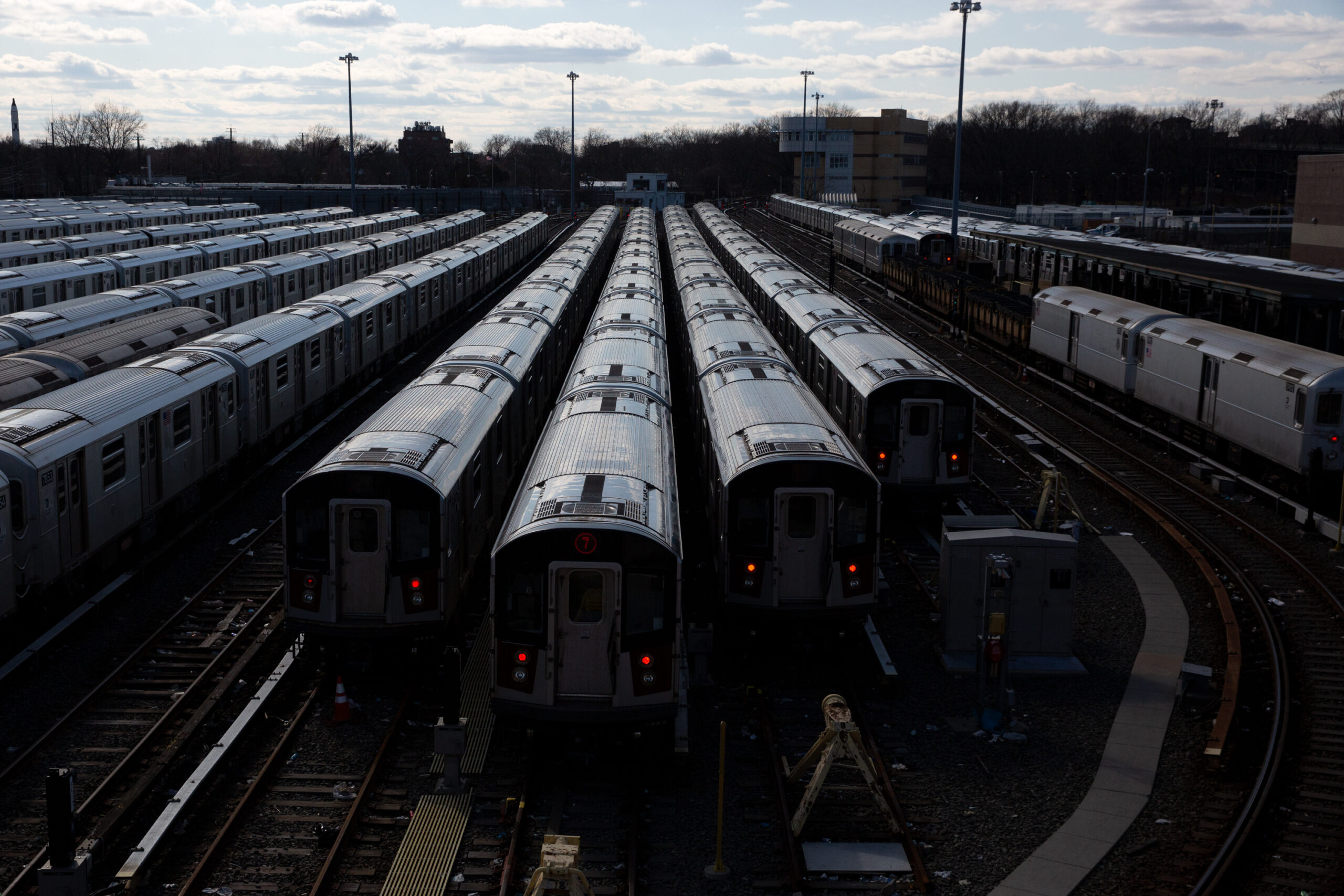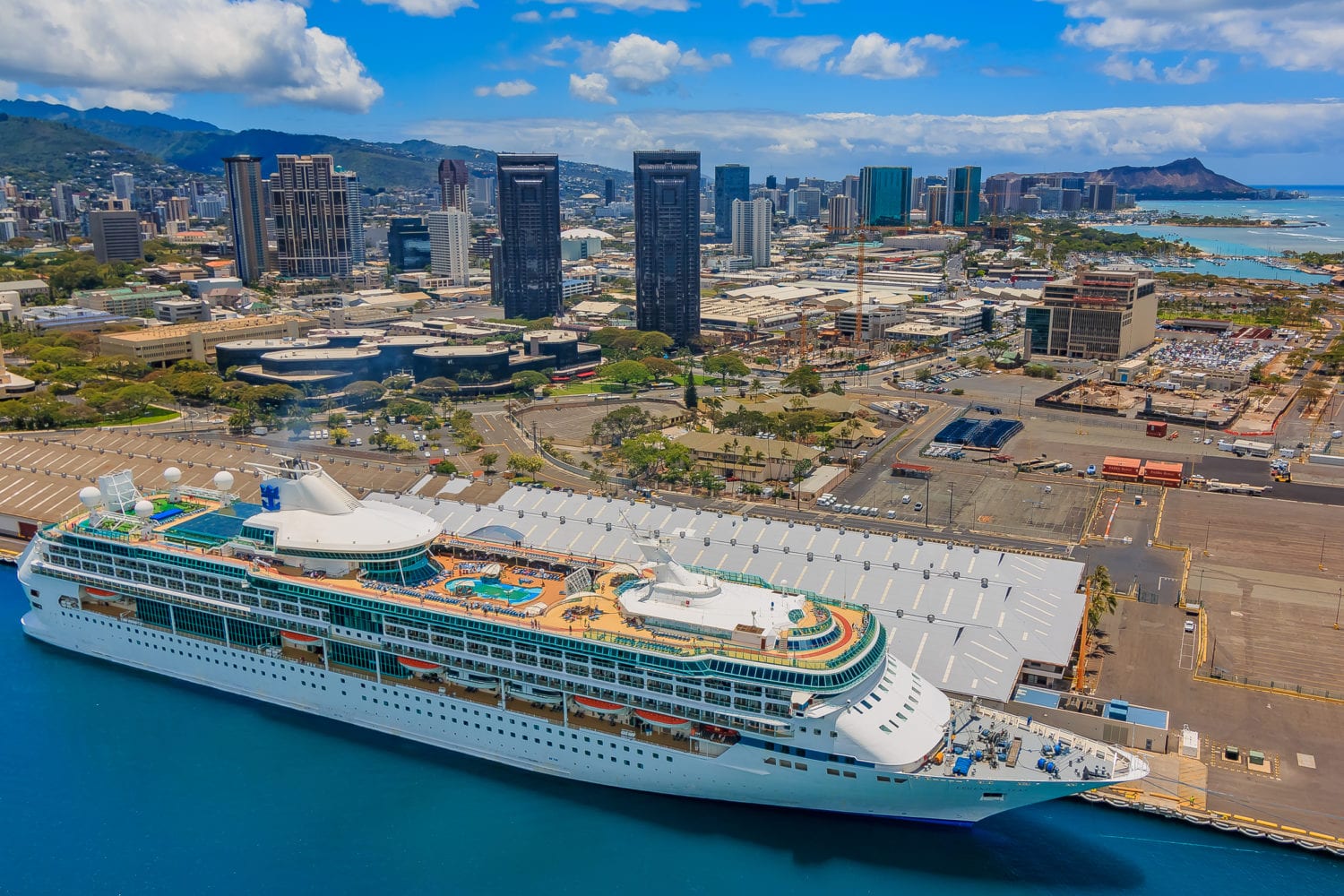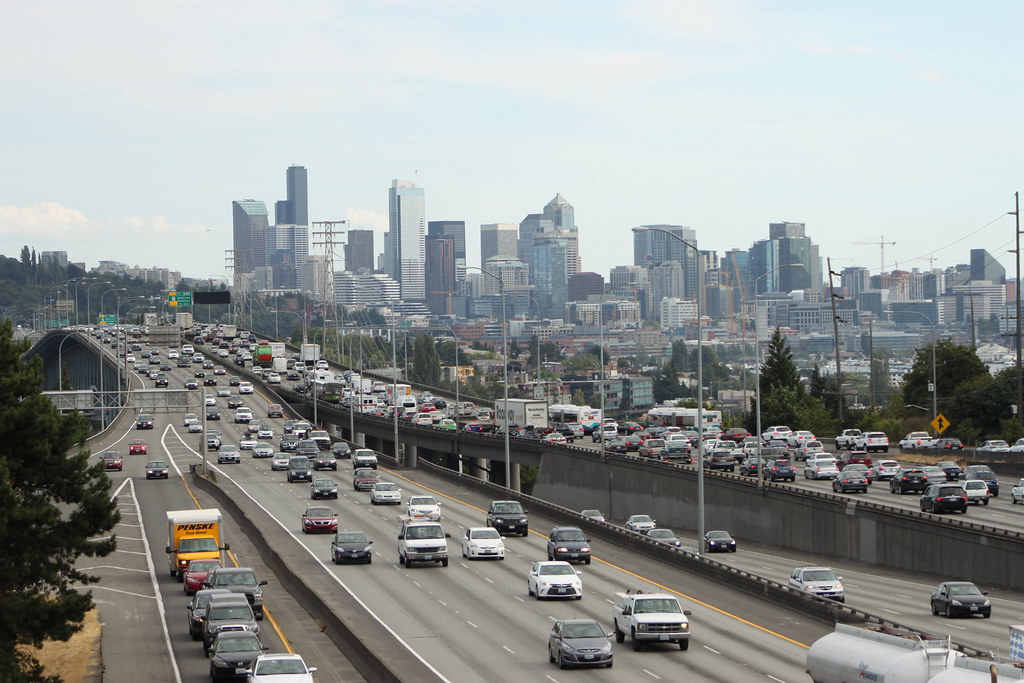MTA Planning to Cut Subway Operator Training Time to Curb Trip Cancelations

To combat service-crippling crew shortages in the subway, the MTA plans to accelerate the training of new train operators, taking a month off the onboarding process, THE CITY has learned.
New York City Transit intends to trim training currently required of new train operators that can take up to eight months, a move that will shorten the amount of time new hires spend moving out-of-service train cars in rail yards and terminals, a top union official said.
“They agreed to reduce ‘yard extra’ a bit,” said Eric Loegel, a vice president with Transport Workers Union Local 100. “The main thing is just getting the bodies — we really need the bodies in here.”
MTA officials confirmed plans to alter the training schedule, which comes with ridership expected to pick up next month even as thousands of MTA employees remain unvaccinated, despite a mandate that goes into effect on Labor Day.
The change also comes as a shortage of train operators and conductors resulted in more than 9,000 trips being canceled in the first 25 days of July, according to internal MTA records obtained by THE CITY, with the D, B, A and N/W lines being the hardest hit by crew shortfalls last month. According to those records, more than 860 trips on the D were scrapped in July — nearly 14% of the line’s 6,328 scheduled trips.
There were more than 10,600 canceled trips out of 220,000 scheduled systemwide in June, a source said. In July 2020, records show, there were close to 2,100 canceled trips.
“I get to work late, sometimes three to four times a week,” said Lisa Maldonado, 60, a home health aide from Jamaica, Queens, who was catching an A train Wednesday at 125th Street to her job in Washington Heights. “Even when I give myself extra time, I can’t be sure of being on time.”
THE CITY reported last month that TWU Local 100 was angling for the MTA to reduce the amount of time new hires spend on “yard extra” training — without cutting corners on safety — due to the long-running surge in canceled trips.
The current two- to three-month training exercise in subway yards and terminals is positioned between new hires receiving months of classroom instruction and shadowing veteran train operators on the job.
Getting Ready for More Riders
The shortened training is among a series of measures the MTA is considering to reduce the number of canceled subway and bus trips, which have been on the upswing for months because of a pandemic-driven hiring freeze, retirements and illness.
Subway train operators, conductors and bus drivers now have the option of extending work shifts or opting out of vacation while still getting paid for it as the MTA looks to patch staffing holes with ridership expected to increase after Labor Day.
“We have a plan that I think is going to do a very good job making sure that we are ready when New Yorkers are ready to come back to school and go back to work, that we can run service that will support them,” Janno Lieber, the acting MTA chairperson and CEO, said Tuesday on 1010 WINS radio.
Subway ridership has topped 2.4 million on several weekdays in August, which is about half of pre-pandemic levels, according to MTA figures. On buses, where canceled trips have also been an issue because of an operator shortage, weekday ridership remains way off from pre-pandemic levels.
“It’s voluntary,” Loegel said of the option to work additional hours or buy back vacation time. “If they want to take advantage of it, they can.”
But the union vice president said relying on overtime comes with limitations.
“It takes a toll when you’re working these longer hours,” Loegel added. “It’s not sustainable for the long term.”
Other transit systems have also experienced worker shortfalls during the pandemic, which has not resulted in changes to training time for train operators at several other major subway systems in the United States, as THE CITY reported last month.
Looking for the Exits
While the MTA has resumed hiring in transit operations, Loegel said the situation for subway operators is tricky because of the length of training time.
He also predicted the staffing shortages among train operators will persist for months because of an expected surge in retirements in the fall.
“We’re going to get hit with another wave of retirements in a few months,” he said. “And we’ll still have these folks in training, trying to get qualified.”
State employees also face a Labor Day deadline to get their first vaccine or submit to weekly COVID tests. But thousands of MTA workers remain unvaccinated, and some have said vaccine-resistant employees could quit if they are ever required to be inoculated.
With mass transit usage and office occupancy rates expected to climb after Labor Day, riders said they are counting on more reliable service.
“These are the times we’re in,” said Omar Soumare, 33, who was catching an A train at 145th Street. “But it is still frustrating when you get off work and you have to wait longer for a train.”
This article was originally posted on MTA Planning to Cut Subway Operator Training Time to Curb Trip Cancelations



